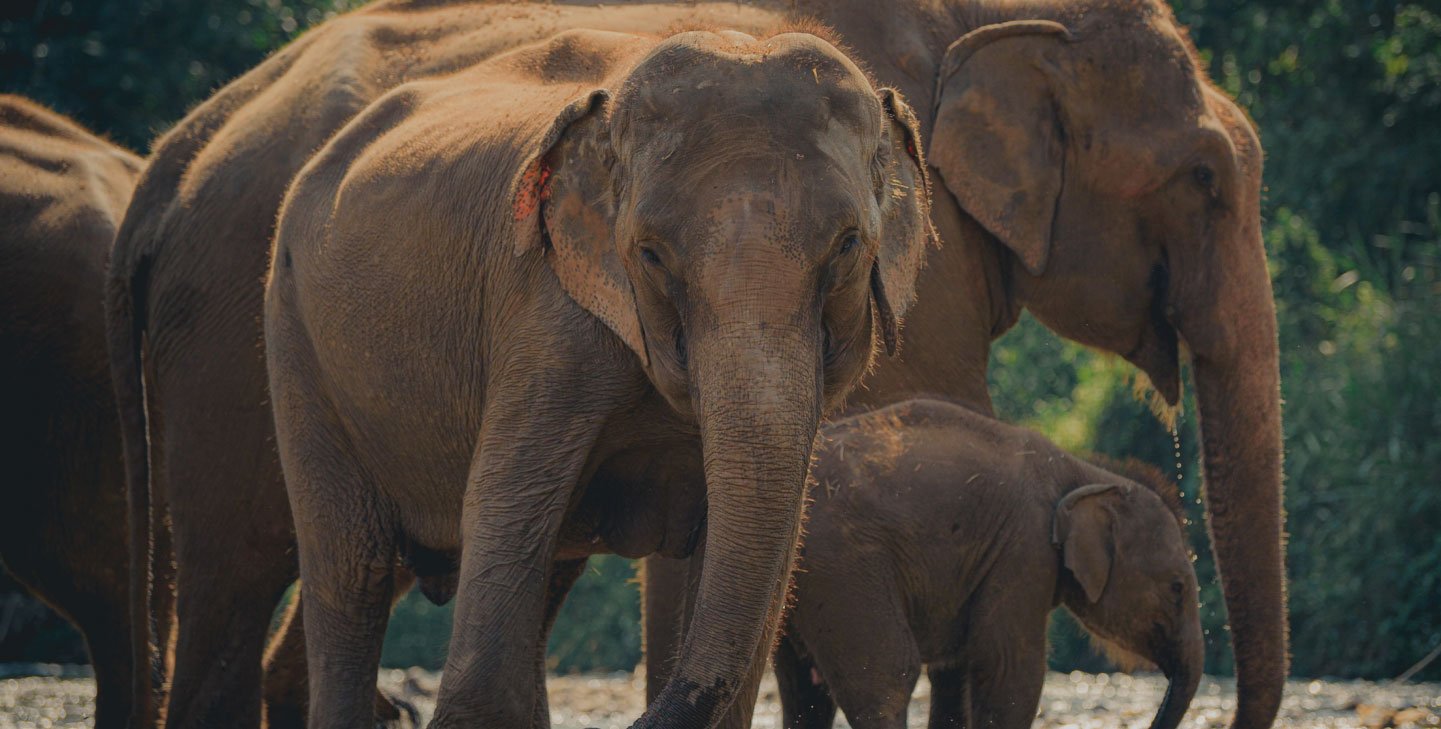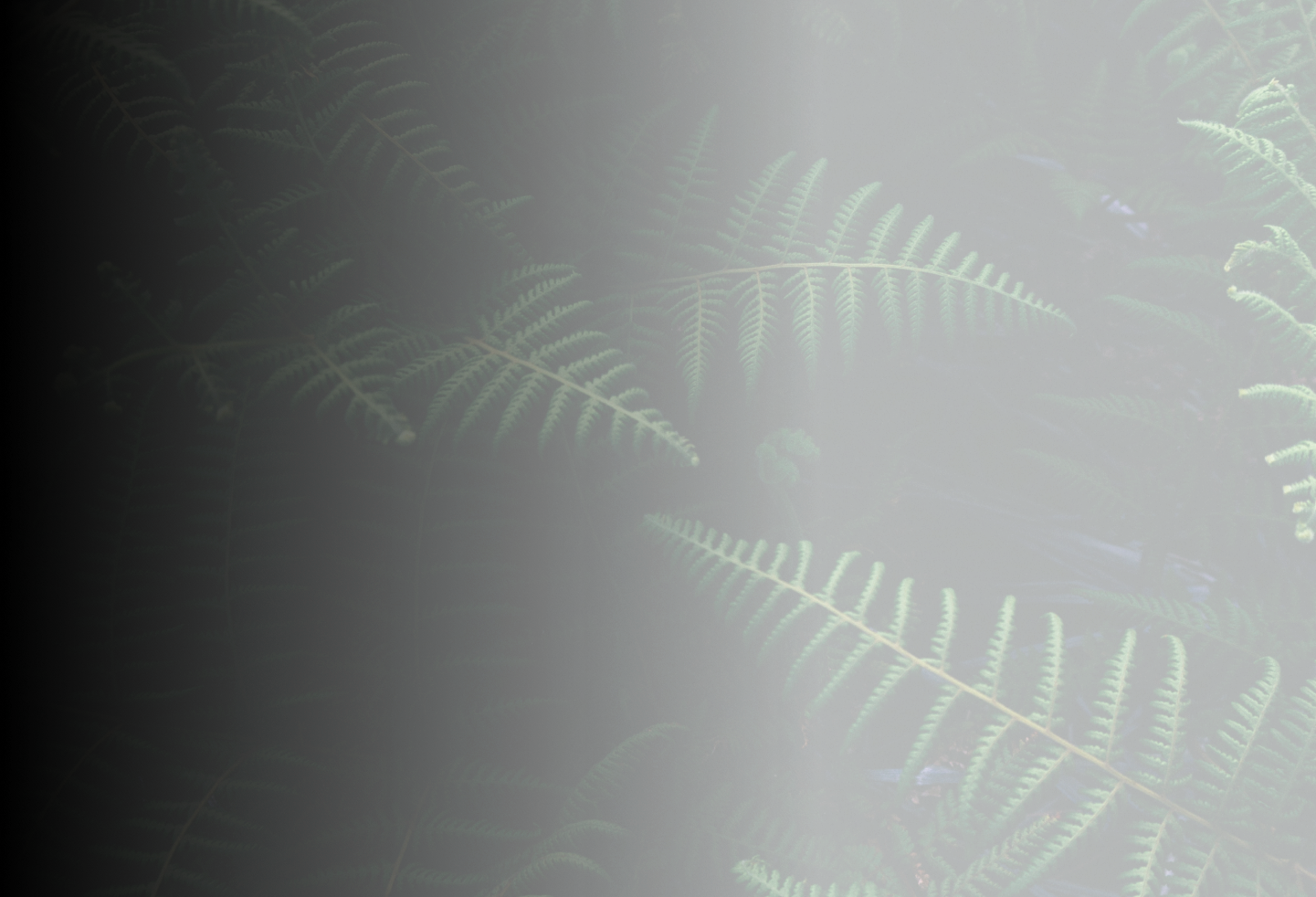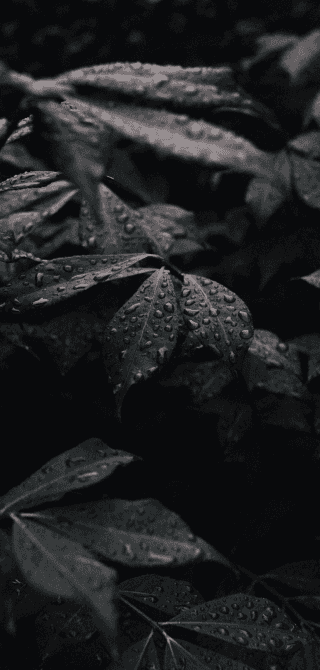Course information
Book before the end of July 2025 and receive up to a GBP100 scholarship
From the tiny bee hummingbird to the largest living land mammal, the Africa elephant, every creature has its place within the earth’s ecosystem. Find out more about the efforts being made to protect these creatures and the planet’s natural resources so that they may persist for future generations.
Our Wildlife Conservation course aims to equip you with the tools you need to help in achieving this goal and gives you an understanding of the fundamental theories used in the field of terrestrial conservation. You’ll gain the skills needed to analyse protected areas, as well as the different methods of wildlife population monitoring such as camera trapping and conducting wildlife censuses.
If you have a passion for wildlife conservation then this course will provide you with the foundational skills and understanding you need. From this introductory base, you can easily progress and apply the skills learnt to achieve your conservation-related goals. Whether it be to kickstart a meaningful career in conservation, or through improving your knowledge as a mid-career professional, this course has something in it for you.
After completing this course you’ll be able to:
Want to show colleges, universities and employers that you’ve got the knowledge and skills covered in this course? Once you’ve successfully completed any of our courses, we’ll send you a digital certificate of completion at no additional cost. The certificate will feature the official name of the course and your name. Add the certificate to your college application, your graduate school application, your job application or your LinkedIn page.
The course will start with you learning about the fundamentals of terrestrial conservation. This includes being introduced to the tools, terminology and key concepts used in the field of conservation, specifically when analysing protected areas of land and the fragile ecosystems they contain. You’ll then go on to learn about the driving forces behind the decline of wildlife biodiversity, and what measures are being taken to halt this decline, in order to ensure that there continues to be a diversity of life on land.
Then you’ll explore real-life examples of conservation situations and the relevant case studies outlining the steps taken to address and find solutions to global conservation issues. This will allow you to join in-depth discussions around conservation practices and policies on issues such as poaching, climate change, habitat destruction, invasive species and mineral exploitation.
Next, you’ll learn about scenarios in which positive action has been taken in increasing the population numbers of endangered species, managing protected areas and setting aside areas of habitat for wildlife and plant species.
Finally, you’ll have time to reflect on what can be done to aid in the future of wildlife conservation. This will touch on how contributing to conservation data can help to develop governmental policies in conservation and how working with the support and participation of local communities can ensure the success and sustainability of conservation initiatives.









